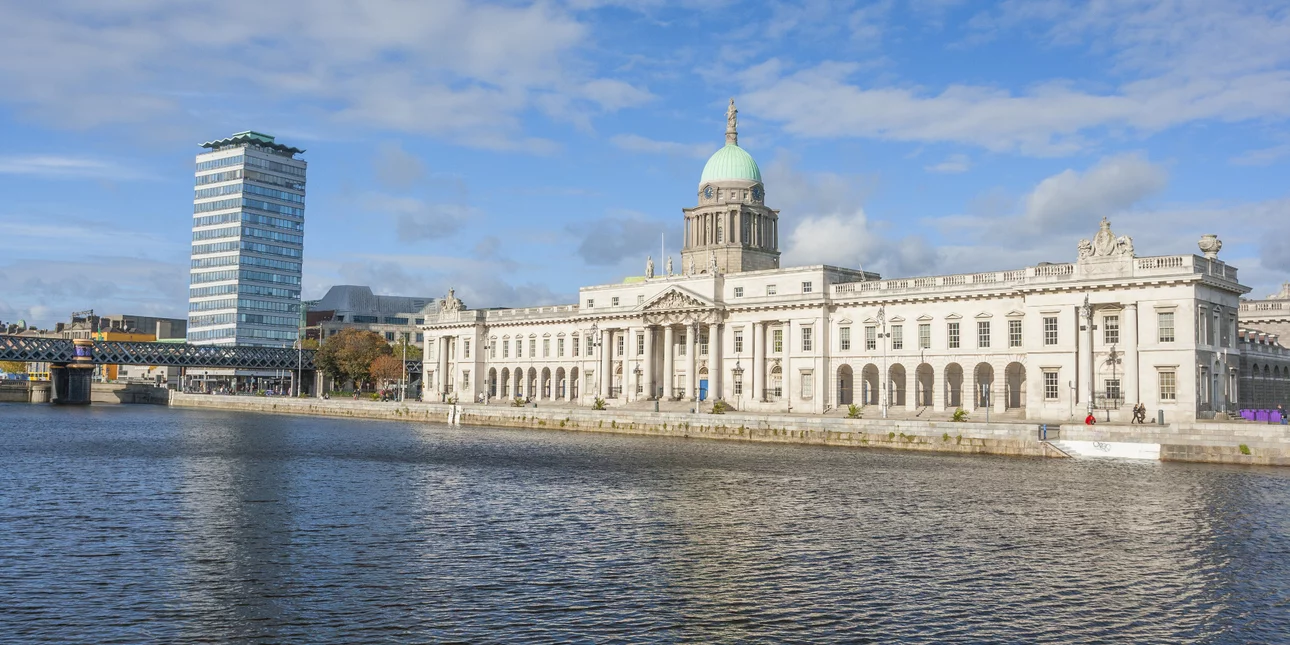By Amalia Theocharidou,
On National Women’s Day, the Irish people were called in the voting centers of their town in order to alter a rather outstanding –to not say unbelievable- misspelling in their Constitution. The proposed alterations had to do with the article 41, which dates back to 1937 and in the theocratic and oppressing role the Catholic Church played in civil life. The said article defines the role of women as one that is limited only to the standards of a wife and a mother at-home, basically deleting every other piece of the female identity, which can refer not only to women but to a human being as well.
The two amendments were a ray of hope for Ireland. The first one suggested the expansion of the definition of family, in order for it to be stated as “relations with a long duration”. A seemingly unimportant change in the vocabulary, would mean statehood protection and rights to millions of people whose family is out of the ordinary two-parent frame, such as non-marriage banded families and single-parent ones. The second amendment freed women from the outrageous obligation of being the only care givers in the family. It highlighted that it is an all-family-members’ responsibility to take care of one another and to provide for the family if possible.
Women’s organizations in Ireland claim it is time to move forward from the archaic type of living, as it is imposed by pure logic. Even though one would only find these remarks correct, success was far from promised, as even the Prime Minister claimed that the amendments were poorly demonstrated. The catholic points of view still remain strong in the country, with people on the political spectrum stating that no one can easily identify a long duration relationship or vote a constitutional change where the words “mother” and “woman” are not included (iefimerida, 2024).

Sadly, the world proved once again that it’s not just a place of bright progress and development, but a place where patriarchy sadly still thrives as well. The hopes were extremely high for March 8th and the outcome was ridiculous. 67,7% blackballed the first amendment over the enlargement of the family definition, while 73,9% downvoted the second one, which refers to the caregiving obligation. The second percentage is the highest negative one ever prescribed, characterizing Ireland as one of the most conservative Western countries. Local politicians invoked the ambiguity as one of the main reasons that the referendum failed (Το Πρώτο Θέμα, 2024). But the world knows better than that.
It is easily understood that the international social structure has been shaken by the rise of women’s movements in the past years. It’s not easy to accept that a world men took advantage of for so many years is now changing hands and becoming more inclusive. It’s not easy to accept the liberation of social relations tools such as religion and the media. All the above mentioned might be controlled, but one thing that isn’t, is people’s ability to understand and react. The past censorship is something that doesn’t go unnoticed in our world. Politicians are aware of that, they’re aware that the voices of minorities are gaining more and more power and they do their best in order to strangle them. As the world develops, the status quo becomes more fragile and its preservation more difficult. Attempts, like the above mentioned, are nothing else than a chance to strangle a society in need of a big change. This leaves us to nothing but to follow the path of our oh-so-inclusive-and-developed community, to forget the future, and to salute the past.
References
- Ιρλανδία: Δημοψήφισμα για να σβηστούν από το Σύνταγμα ξεπερασμένες αναφορές σε γυναίκα και οικογένεια. Iefimerida. Available here
- Ιρλανδία: Είπαν «ναι» στη συντήρηση – Απέρριψαν τις αλλαγές για τον ορισμό της οικογένειας και τον ρόλο της γυναίκας στο σπίτι. To Πρώτο Θέμα. Available here




